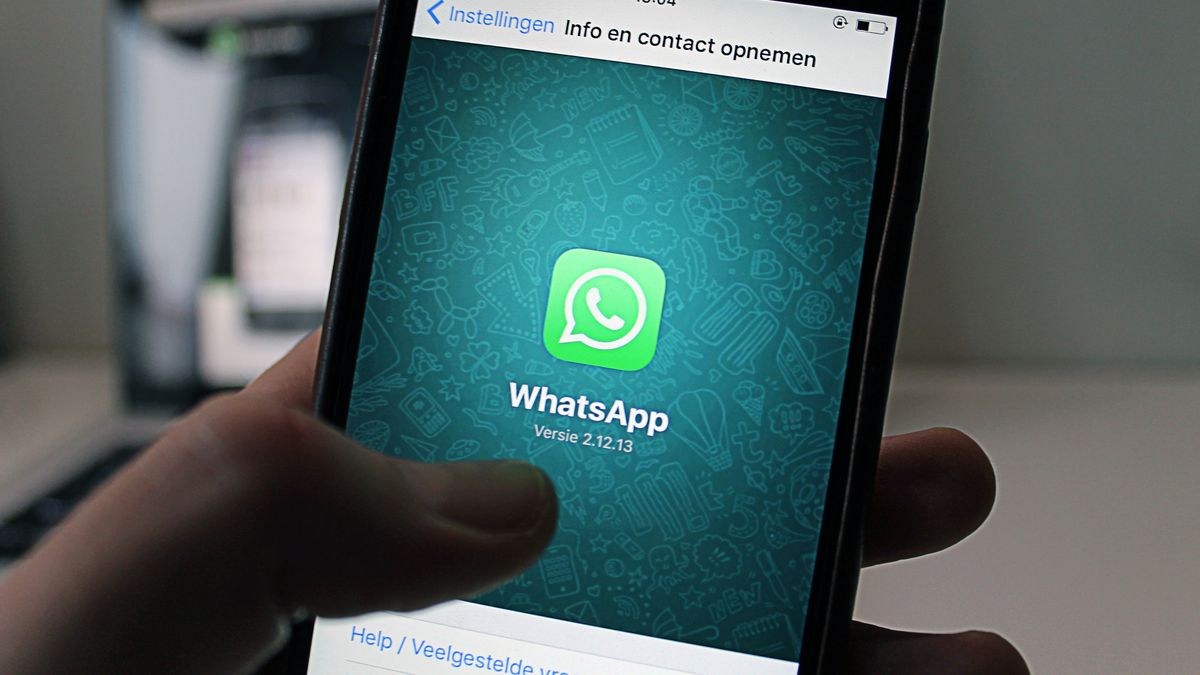JAKARTA - Facebook's instant messaging service, WhatsApp, has more than two billion users worldwide, an increase from 1.5 billion at the end of 2017. Due to their commitment to strong end-to-end encryption to protect the privacy of its users.
WhatsApp, acquired by Facebook in 2014. The deal is worth 19 billion United States (US) dollars, it is the biggest acquisition by the social media giant to date.
Regardless of size, WhatsApp's growth remains strong. It has acquired 500 million new subscribers over the past two years, and has grown to become one of the most widely used services in the messaging app suite, which offers free messaging along with voice and video calls.
"Personal conversations that were once only possible face-to-face can now be carried out over great distances via instant chat and video calls. There are so many important and special moments happening on WhatsApp and we are humbled and honored to reach this milestone. this, "wrote the WhatsApp in its official blog, Thursday, February 13.
By remaining committed to strong encryption, which allows users to connect privately, wherever they are and still feel safe.
"Strong encryption is a must in modern life. We will not compromise on security because it makes people less secure. For even more protection, we work with top security experts, using industry leading technology to stop abuse and provide control and a way to report problems, without sacrificing privacy, "continued WhatsApp.
According to a Japan Today report, last week, a child protection organization asked Facebook to halt its strong encryption plans for all of its platforms, saying it would allow predators to operate freely.
WhatsApp uses end-to-end encryption, which in many cases can prevent law enforcement from accessing user data even with court orders. The social network is working to expand end-to-end encryption across its messaging applications, including Facebook Messenger and Instagram.
Child protection groups have expressed concern that encryption is a stronger online exchange to facilitate the spread of child pornographic content. Strong advocates of encryption argue that special access or "back doors" allowed for law enforcement weakens security and can be exploited by criminals, hackers and authoritarian governments.
Officials from the US, UK and Australia late last year also asked Facebook to allow authorities to circumvent encryption to better combat extremism, child pornography and other crimes.
The chiefs of WhatsApp and Facebook Messenger, Will Cathcart and Stan Chudnovsky, responded in a letter to officials from the three countries allowing "back door" access. This will reward criminals, hackers and repressive regimes while leaving users vulnerable.
WhatsApp's encryption feature has been supported by more than 100 activist organizations, security experts and industry groups who are warning against attempts to force tech companies to weaken encryption. Despite its strong encryption, WhatsApp has seen weaknesses exploited in cyberspace.
A human rights activist group said spyware hidden in WhatsApp messages, possibly developed by the Israel-based NSO Group, was used to track state interests.
But is it true that code encryption is a security fence in Mark Zuckerberg's application? Not long ago, Amazon CEO Jeff Bezos is also believed to have been infected by spyware hidden in a WhatsApp message from Saudi Crown Prince Mohammad bin Salman. Until now, this case has not found a bright spot.
Keep in mind, it looks like Zuckerberg should be proud of himself, not only WhatsApp, Facebook also said that recently around 2.89 billion people worldwide are their daily users.
Not only about encryption, not a few people choose WhatsApp as an easy instant messaging tool individually or in groups (groups), but the many features also support it to remain an option. Not long ago, WhatsApp has also released a beta version of WhatsApp Dark Mode. Several new emojis this year are also coming.
The English, Chinese, Japanese, Arabic, and French versions are automatically generated by the AI. So there may still be inaccuracies in translating, please always see Indonesian as our main language. (system supported by DigitalSiber.id)








